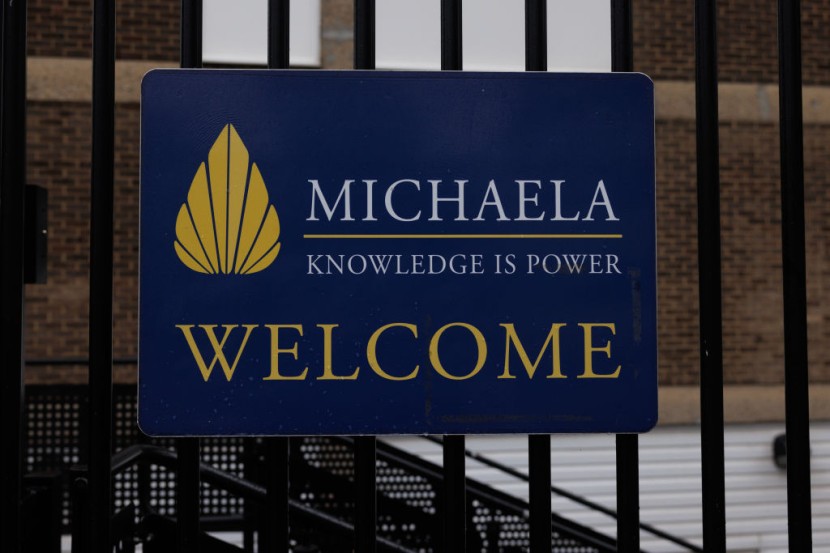
A legal battle which concerns the freedom to practice religion reached a definitive end Tuesday.
A London-based Muslim girl and her mother lost a court fight Tuesday against the girl's strict school ban on prayer on campus.
A High Court judge said the female student knew she would be subject to religious restrictions prior to enrollment and accepted these terms.
The high-performing secular school in Wembley enforces a strict set of rules and discipline on its diverse body of students, half of whom are Muslim.
The lawsuit stemmed from a rule implemented last year by the Michaela Community School after several students began praying in the schoolyard that ultimately led to a bomb threat on campus.
A Black teacher allegedly confronted the students and was later accused of "disgusting, Islamophobic behavior" and reportedly experienced racist abuse in an online petition.
Mother and daughter initiated the suit against the school for "the kind of discrimination that makes religious minorities feel alienated from society."
The girl said she wanted to pray during her lunch break to meet fall and winter requirements for performing one of Islam's five daily prayer rituals, according to The Associated Press.
The school justifies the ban on the student's religious rights due to its rules and the inability to accommodate other students who wanted to pray.
They also highlighted that the student had the right to transfer to another school that would allow prayer.
Justice Thomas Linden wrote in an 83-page ruling,
"She knew that the school was secular, and her own evidence is that her mother wished for her to go there because it was known to be strict."
Furthermore, "long before the prayer ritual policy was introduced, she and her friends believed that prayer was not permitted at school, and she therefore made up for missed prayers when she got home."
Headteacher Katharine Birbalsingh expressed that the ruling was a victory for all schools.
"A school should be free to do what is right for the pupils it serves," Birbalsingh said.
"Schools should not be forced by one child and her mother to change their approach simply because they have decided they don't like something at the school," she concluded.
© 2025 HNGN, All rights reserved. Do not reproduce without permission.









